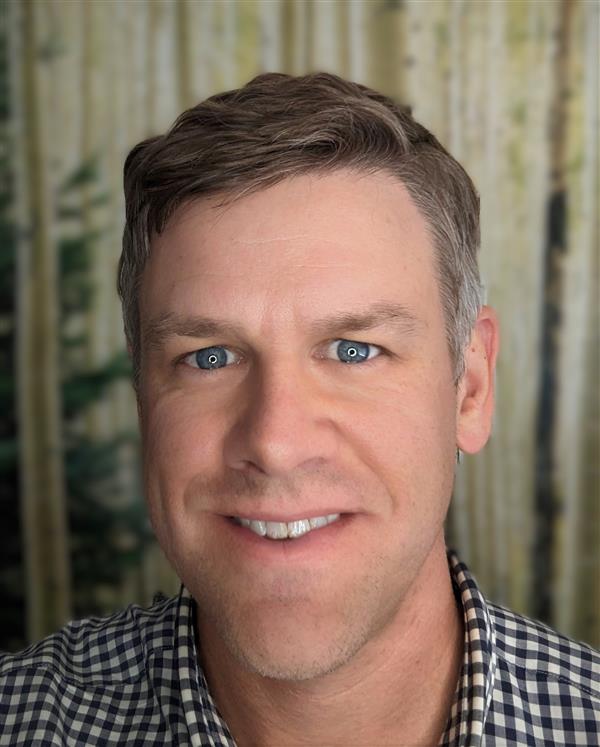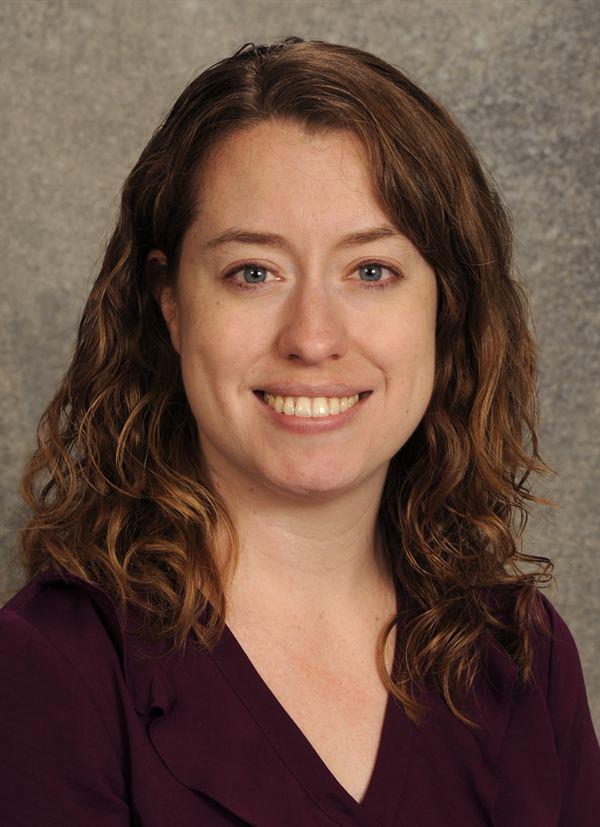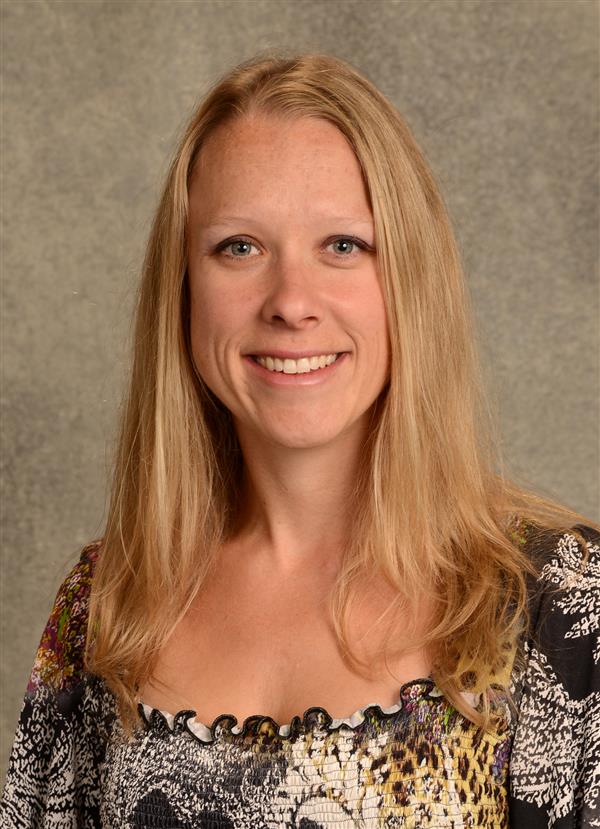- Doctors & Departments
-
Conditions & Advice
- Overview
- Conditions and Symptoms
- Symptom Checker
- Parent Resources
- The Connection Journey
- Calm A Crying Baby
- Sports Articles
- Dosage Tables
- Baby Guide
-
Your Visit
- Overview
- Prepare for Your Visit
- Your Overnight Stay
- Send a Cheer Card
- Family and Patient Resources
- Patient Cost Estimate
- Insurance and Financial Resources
- Online Bill Pay
- Medical Records
- Policies and Procedures
- We Ask Because We Care
Click to find the locations nearest youFind locations by region
See all locations -
Community
- Overview
- Addressing the Youth Mental Health Crisis
- Calendar of Events
- Child Health Advocacy
- Community Health
- Community Partners
- Corporate Relations
- Global Health
- Patient Advocacy
- Patient Stories
- Pediatric Affiliations
- Support Children’s Colorado
- Specialty Outreach Clinics
Your Support Matters
Upcoming Events
Colorado Hospitals Substance Exposed Newborn Quality Improvement Collaborative CHoSEN Conference (Hybrid)
Monday, April 29, 2024The CHoSEN Collaborative is an effort to increase consistency in...
-
Research & Innovation
- Overview
- Pediatric Clinical Trials
- Q: Pediatric Health Advances
- Discoveries and Milestones
- Training and Internships
- Academic Affiliation
- Investigator Resources
- Funding Opportunities
- Center For Innovation
- Support Our Research
- Research Areas

It starts with a Q:
For the latest cutting-edge research, innovative collaborations and remarkable discoveries in child health, read stories from across all our areas of study in Q: Advances and Answers in Pediatric Health.


Tuberous Sclerosis Clinic
Tuberous Sclerosis Complex
We specialize in the big things, the small things and everything in between.

What is tuberous sclerosis complex?
Tuberous sclerosis complex (also known as TSC or tuberous sclerosis syndrome) is a rare, multisystem genetic disease that causes benign (noncancerous) tumors. The tumors can grow on the brain and on other organs such as the kidneys, heart, eyes, lungs and skin.
TSC disease usually affects the central nervous system and results in a combination of symptoms including seizures, developmental delay, behavioral issues, skin abnormalities and kidney disease.
The name tuberous sclerosis comes from the characteristic tube-shaped lesions that grow on the brain and calcify with age, becoming hard or sclerotic.
When might kids get tuberous sclerosis complex?
Many TSC patients show evidence of the disorder in the first year of life. However, the signs and symptoms can be subtle at first and sometimes take years to develop. As a result, TSC can be unrecognized or misdiagnosed for years.
What causes tuberous sclerosis complex?
TSC is caused by defects, or mutations, on the TSC1 and TSC2 genes. Only one of the genes needs to be affected to cause TSC.
Genes form together to make up chromosomes, which our body uses as a blueprint, telling it how to form and function. In tuberous sclerosis inheritance, these particular genes interact with proteins that help control cell growth and size.
Who gets tuberous sclerosis complex?
TSC is inherited in an autosomal dominant manner, meaning a child needs to receive only one copy of a mutated gene to develop the condition. About 40% of cases are due to genetic mutations passed down from a family member. The remaining 60% of TSC patients have a new genetic mutation that causes the disorder.
People from all ethnic groups develop tuberous sclerosis complex. Both males and females are equally affected. Tuberous sclerosis complex occurs in approximately one out of every 6,000 births. Approximately 50,000 people in the United States, and more than one million worldwide, have TSC.
What are the signs and symptoms of tuberous sclerosis complex?
Tuberous sclerosis complex can be associated with a wide range of signs and symptoms, most of which are related to the tumors caused by the disease. The noncancerous tumors can grow in all parts of the body, but most commonly occur on the brain, kidneys, heart, lungs, eyes and skin.
The signs and symptoms of TSC are unique to each person, but they can include:
- Neurological issues due to brain tumors can include seizures or spasms, mental issues such as developmental delays, autism spectrum disorders, learning disabilities, and behavioral problems such as hyperactivity, aggression and social and emotional adjustment issues
- Skin abnormalities, such as patches of light-colored skin, thickened skin, reddish bumps and facial growths resembling acne
- Ungual or subungual fibromas, which are tumors that grow in or around the beds of fingernails and toenails
- Eye abnormalities, such as white patches on the retina, which sometimes affect vision
- Kidney dysfunction affecting the kidney’s process of cleaning the blood and expelling toxins through urine
- Kidney tumors, benign or cancerous growths on the kidney that need monitoring and possibly treatment
- Heart issues, such as circulation problems, are caused by growths on the heart, which are usually larger at birth and shrink as the person grows
- Lung problems, including coughing and shortness of breath (these lung tumors are more common in women than in men)
Everyone with TSC is at risk for life-threatening symptoms related to the brain tumors, kidney lesions, or pulmonary lesions. That’s why continued monitoring by a doctor experienced with TSC is important. If your child’s symptoms are not too severe, most people with the disorder can look forward to normal life expectancy with appropriate medical care.
How do we test for tuberous sclerosis complex?
The most common TSC tests include imaging procedures to help doctors see any tumors. Your child’s doctors will likely perform several tests to help them diagnose TSC, including:
- Brain magnetic resonance imaging (MRI) and other advanced neuro-imaging to visualize tumors
- Electroencephalogram (EEG) to detect any abnormal brain activity
- Echocardiogram (ECHO) to help doctors visualize any tumors on the heart
- Electrocardiogram (EKG) to determine if the heart’s circulation is affected by tumors
- Chest computerized tomography (chest CT) to create a 3D image of the abdominal cavity
- Renal ultrasound to create an image of the kidney to determine the existence, size and number of tumors
How do we diagnose tuberous sclerosis complex?
Your child’s doctor can diagnose tuberous sclerosis using imaging tests and a physical examination. They may also diagnose it genetically with a blood test. A genetic test will tell the doctor if your child has a mutation in the TSC1 or TSC2 gene.
The doctor can diagnose TSC after finding positive signs of the disease, such as skin conditions or tumors in the brain, heart or kidneys. Signs of TSC on the skin are often used to diagnose the condition.
Why choose us to test for tuberous sclerosis complex?
At Children’s Hospital Colorado, all of our imaging tests are designed for kids. We use lower amounts of radiation for machines that require it to reduce any negative impacts. We also employ subtle distraction techniques to help kids keep still so we can produce better images and we use technology like virtual reality headsets to help reduce stress.
Tuberous sclerosis complex treatment
While there is no cure for TSC, doctors at Children’s Colorado can treat the variety of complications it causes. And because TSC is a lifelong condition, our care team is committed to regularly monitoring your child to ensure they are receiving the best possible treatments in a hospital designed just for kids.
Treatment depends widely on what part of the body TSC is affecting and how severely. Treatment options for the following complications may include:
Seizures and brain tumors
If your child is at risk of seizures due to brain tumors, we prescribe antiepileptic drugs. We also may prescribe everolimus (Afinitor®) to treat brain tumors known as subependymal giant cell astrocytomas (SEGA) and angiomyolipoma kidney tumors.
Behavioral problems
For behavioral problems, your child’s doctor may prescribe medications or suggest intervention programs including special schooling and occupational therapy. This can also benefit children with special needs and developmental delays caused by TSC.
Kidney tumors
We may observe the benign tumors until they grow larger and at that point suggest medications or procedures to control the tumors. In rare instances, we may suggest surgery to remove tumors from the kidneys if they appear to be cancerous.
Brain lesions
Your child’s doctor may also recommend surgery for the three types of brain lesions (damaged tissue on the brain) caused by TSC, which are cortical tubers, subependymal nodules (SEN) and SEGA.
Breathing issues
If tuberous sclerosis complex is affecting lung function and causing respiratory issues, we treat it with supplemental oxygen therapy. We might even suggest a lung transplant if the problem is very severe.
Why choose us for treatment of tuberous sclerosis complex?
Because the disease affects so many parts of the body, children with TSC often need to see doctors from several different specialties to get the best treatment. Here at Children’s Colorado, we have a multidisciplinary TSC program, which brings together all the relevant medical teams into one clinic, so your child can see everyone they need to see in one visit.
Our doctors are also very experienced in treating children with TSC, from moderate to the most severe cases. This is vital when dealing with a disease like TSC that results in such a variety of symptoms and complications. By collaborating with a team of experienced specialists, we can ensure that we address every complication associated with the disease.
Additionally, our hospital’s location on Anschutz Medical Campus enables us to provide comprehensive care with a focus on education and research for both children and adults. We collaborate with neurologists at the University of Colorado Hospital and School of Medicine to care for patients with TSC throughout childhood and into their adult life.
The Tuberous Sclerosis Clinic at Children’s Colorado
We created the Tuberous Sclerosis Clinic to address all the issues and complications for kids with TSC. Our multidisciplinary team provides medical, genetic, neuropsychological, dermatological and social support for children with TSC and their families.
During your first visit to the Clinic, your child will see a pediatric neurologist, dermatologist, genetic counselor and neuropsychologist. A social worker and community alliance volunteer will also provide supportive counseling and can assist patients and families with getting resources and support within the community. This appointment will last about three hours.
Our TSC Clinic partners with the TS Alliance to offer their TSC Clinic Ambassador Program. This program pairs a TS Alliance community volunteer with our Clinic to help families affected by TSC (especially those newly diagnosed) to deal with the emotional challenges of the disease. Clinic ambassadors share their personal experience with TSC, and provide local and regional resource information, including community activities.
Follow-up clinic for tuberous sclerosis
Our follow-up clinic provides ongoing care for your child’s medical, psychological and social needs. During yearly follow-up visits, our team will evaluate the progression of your child’s TSC and create a treatment plan to address any new physical or behavioral developments. Our social worker and community alliance volunteer will also provide supportive counseling and help your family get resources and support within the community. Follow-up visits last approximately three hours.
Sending medical records before your appointment
It is important that we review all medical records including any diagnostic tests prior to your visit. If you have records from outside Children's Colorado, please mail them to us prior to your child’s appointment. Please provide X-rays (MRI, etc.) on a CD and mail to:
Children's Hospital Colorado
Attn: Tuberous Sclerosis Clinic
13123 E. 16th Ave., Box B155
Aurora, CO 80045
Helpful resources
- The Tuberous Sclerosis Clinic at Children’s Hospital Colorado provides education, support and care for those with TSC and their families. For information on the clinic, email Wynne Bird at Bird@childrenscolorado.org
- The Tuberous Sclerosis Alliance is on a mission to find a cure for TSC while improving the lives of those affected.
- The Genetics Home Reference is the US National Library of Medicine’s guide to understanding genetic conditions.
Next steps
-
Would you like to learn more about us?
Learn more about our Multidisciplinary Care -
Do you need to talk to a nurse?
Find out how to call our hotline
Get to know our pediatric experts.

Austin Larson, MD
Clinical Genetics and Genomics - General, Medical Biochemical Genetics, Pediatrics

Naomi Meeks, MD
Clinical Genetics and Genomics - General, Clinical Molecular Genetics and Genomics - General, Pediatrics
Patient ratings and reviews are not available Why?

Stephanie Shea, PA-C
Physician Assistant

Timothy Wood, PhD
Clinical Biochemical Genetics, Clinical Molecular Genetics and Genomics - General
Patient ratings and reviews are not available Why?



 720-777-0123
720-777-0123



